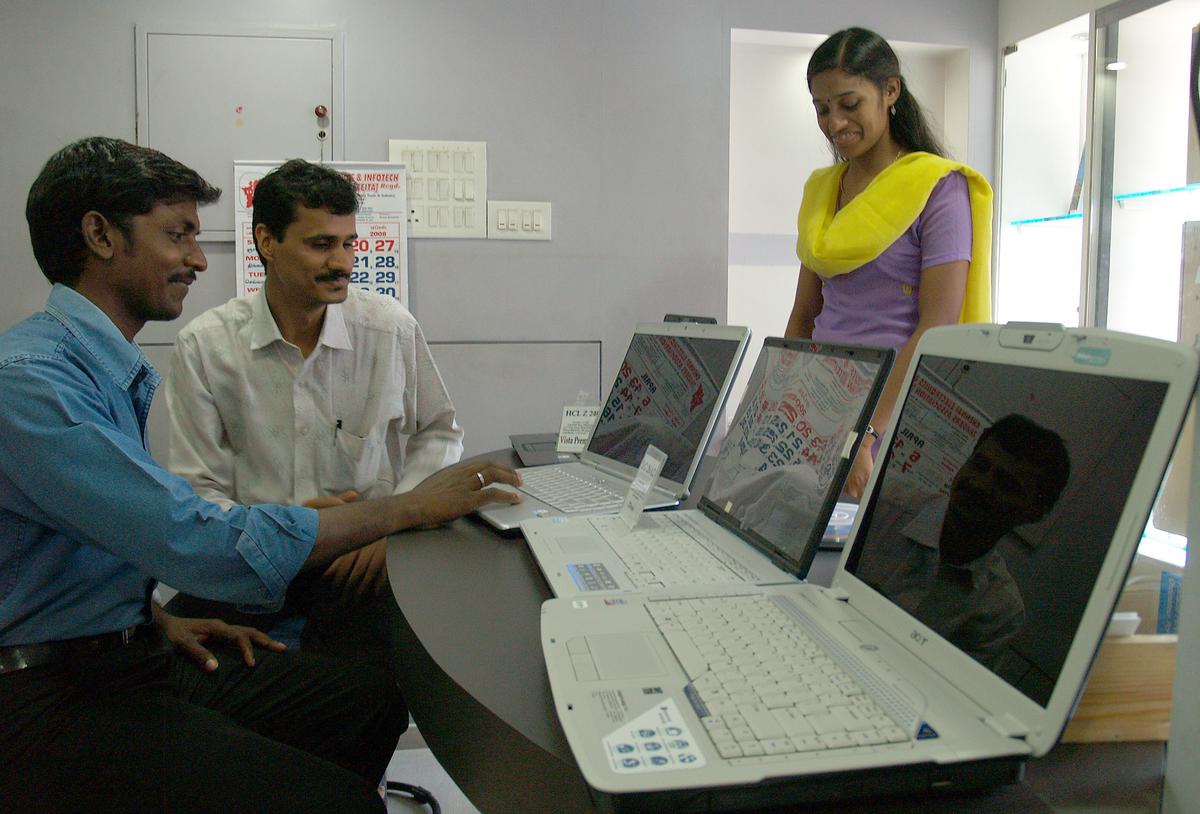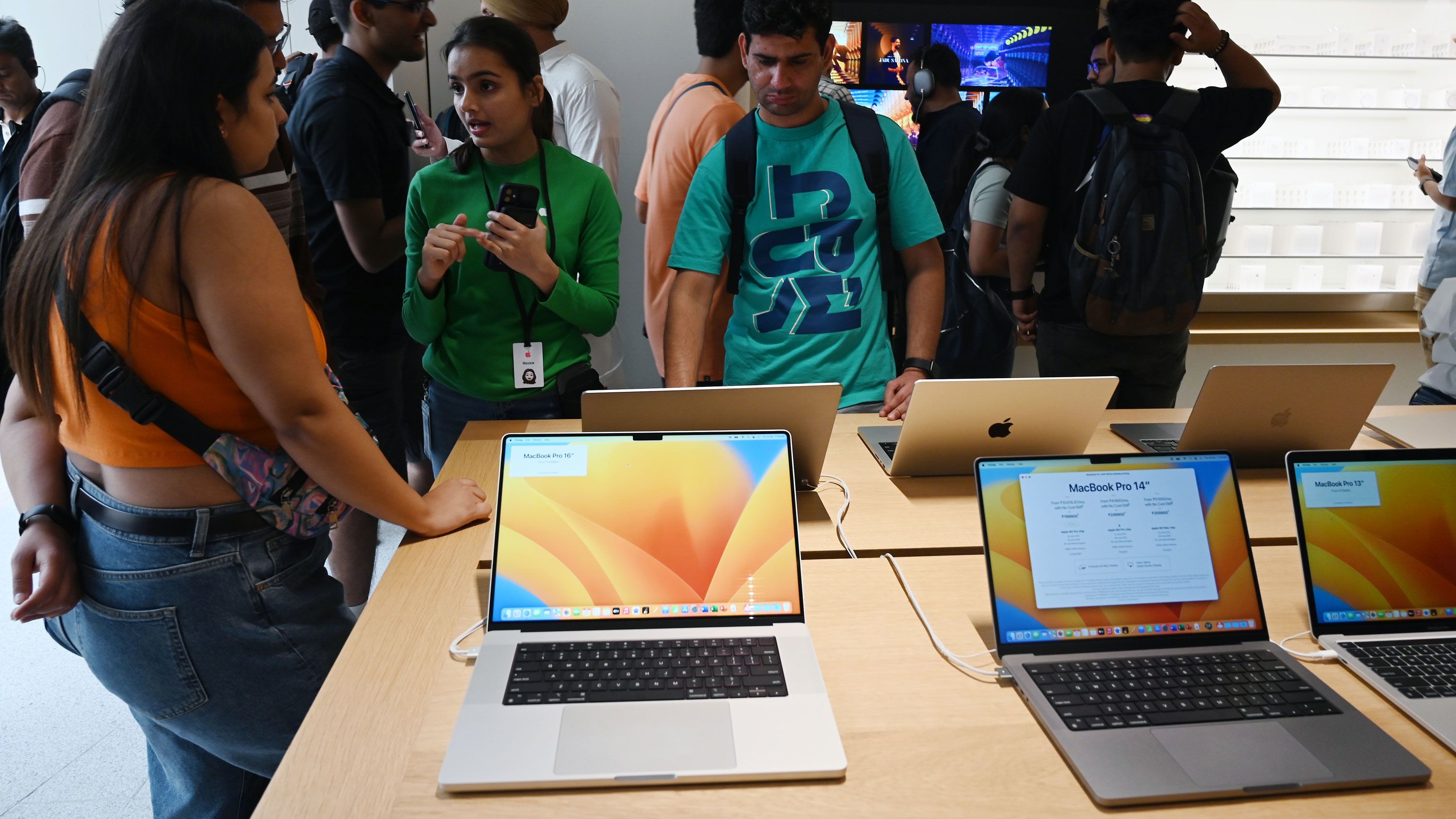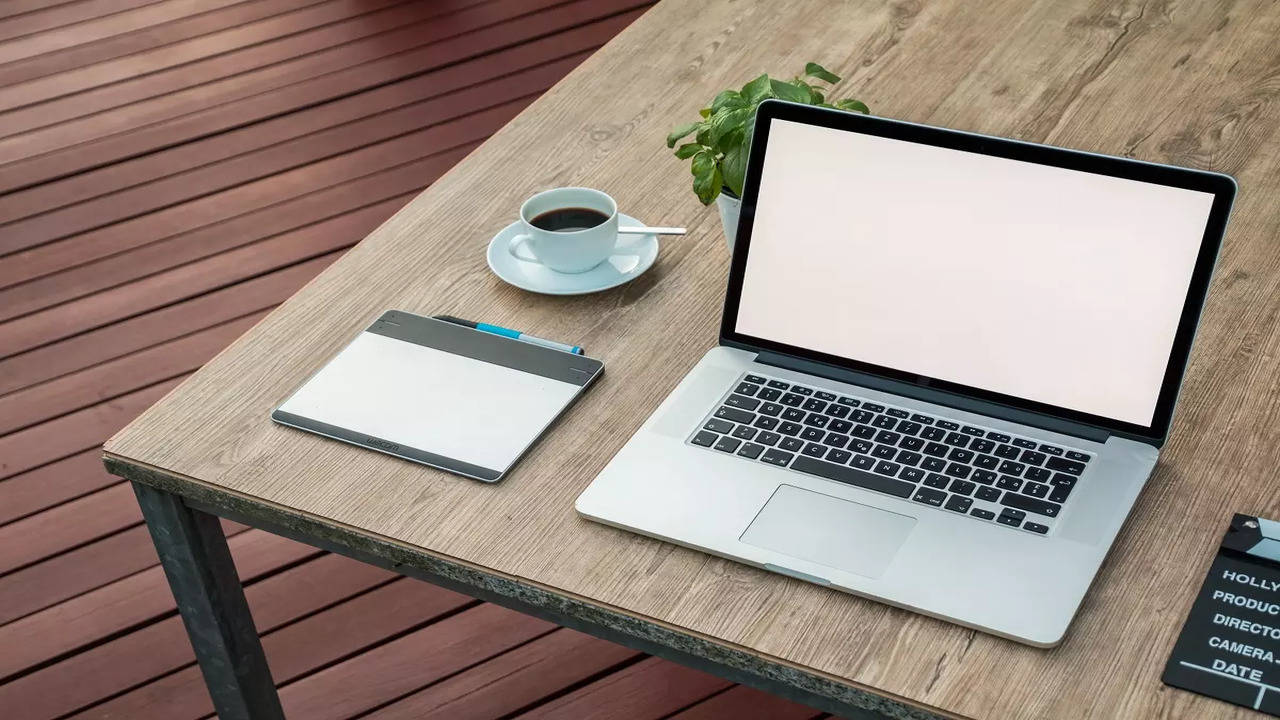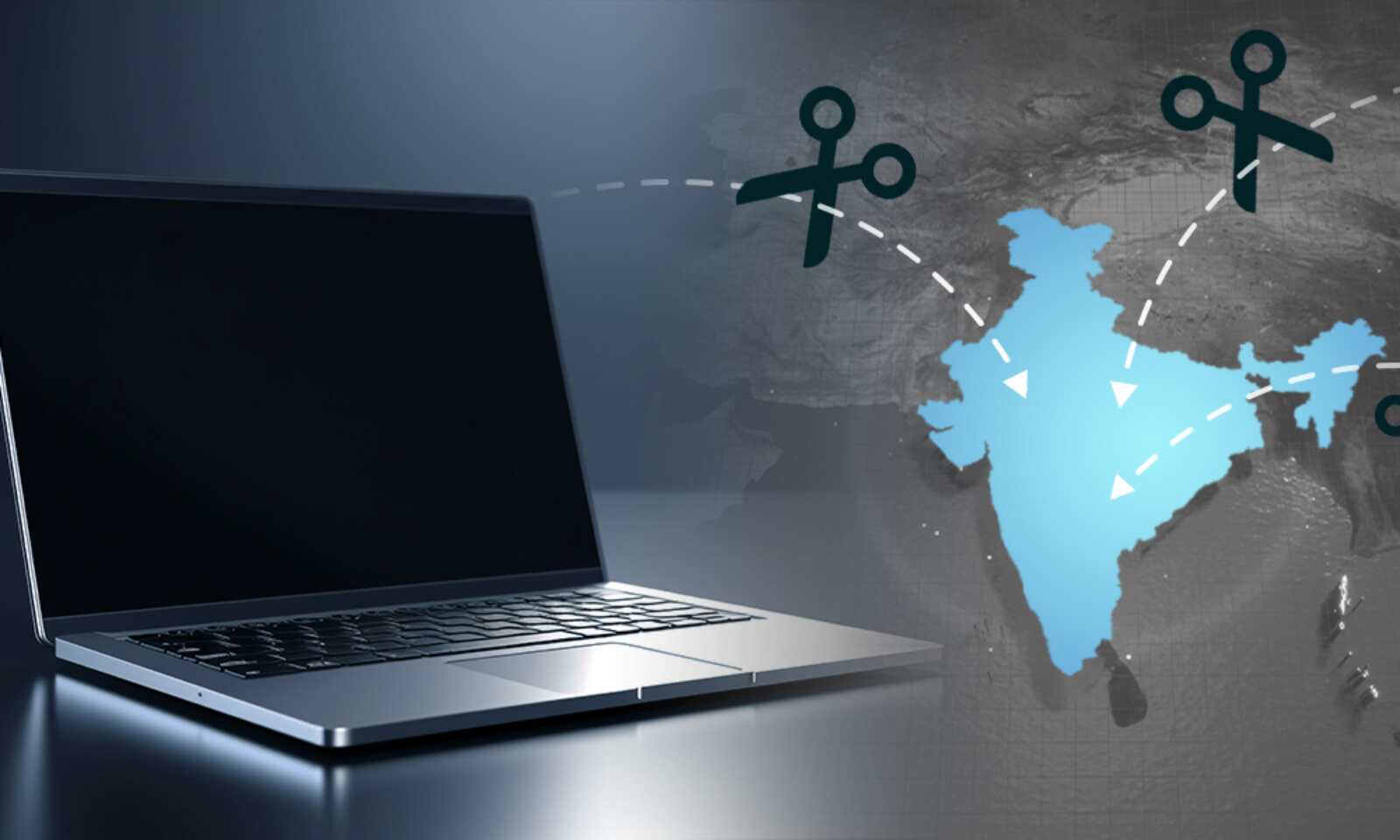Laptop Imports: Exclusive Card Monitoring System 2023

Laptop Imports: Exclusive Card Monitoring System 2023
The laptop industry has seen significant growth over the years, with laptops becoming an essential tool for work, education, entertainment, and communication.
As the demand for laptops continues to rise, countries around the world are faced with the challenge of regulating laptop imports effectively.
While there are various approaches to tackle this issue, one concept that has gained attention is the implementation of a comprehensive monitoring system.

The rise of remote work and online learning, accelerated by the COVID-19 pandemic, has led to an unprecedented demand for laptops.
According to a top government official on Friday, India will not impose licencing requirements or other limitations on the importation of laptops and computers but is setting up a system to track the volume of imports and their source countries.
This is a significant shift from the government’s previous decision to only accept certain imports with permits. The decision was made in August and was supposed to go into effect right away, but because of industry concerns, it won’t be put into action until November 1.
India already has a system in place to keep track of imports of materials like steel, coal, and paper.

The licencing requirements on imports were put in place for security reasons and to encourage domestic production of these goods.India imports items worth roughly $8 billion annually that are subject to limitations. The majority of these are Chinese.The government has launched a Rs 17000 crore enhanced Production Linked Incentive programme for IT gear manufacture in order to promote domestic manufacturing.
32 applications from laptop manufacturers, including Dell, HP, Foxconn, Lenovo, Acer, Asus, Flextronics, and Optiemus, have been submitted under the new programme.
Applications from 14 firms, including Dell, ICT (Wistron), Rising Stars Hi-Tech (Foxconn), Lava, Dixon, and Optiemus Electronics, were previously approved for the Rs 7,350 crore PLI scheme. However, only two businesses—Dell and Bhagwati—met their goals for FY22.

Additionally, laptops have become indispensable tools for various industries, including software development, content creation, and design. As a result, countries across the globe have been importing laptops in large quantities to meet the soaring demand of their citizens and businesses.
One of the primary reasons for considering a monitoring system for laptop imports is to ensure regulatory compliance. Laptops can contain sensitive technology and may be subject to export restrictions or import duties.
A monitoring system can help authorities track the import and export of laptops, ensuring that all relevant regulations are followed.
Another critical aspect of laptop imports is ensuring the quality of the devices being brought into a country. A monitoring system can be used to assess the quality and safety of laptops, protecting consumers from substandard products that may pose safety risks.

Laptops can also present security concerns, especially if they are equipped with hardware or software vulnerabilities that could be exploited by malicious actors. Monitoring imports can help identify and mitigate security risks associated with certain laptop models.
Intellectual property theft is a significant concern in the technology industry. A monitoring system can help prevent the import of counterfeit laptops or devices that infringe on intellectual property rights.
Implementing a monitoring system allows governments to enforce import regulations more effectively, reducing the chances of illegal or unregulated imports.
A monitoring system can help identify and recall laptops that pose safety risks, enhancing consumer protection.

By monitoring laptop imports, countries can better safeguard their national security interests by preventing the import of devices with potential security vulnerabilities.
Intellectual property rights can be better protected by identifying and stopping the import of counterfeit laptops and devices that infringe on patents or trademarks.
Gathering and storing data on laptop imports can raise concerns about privacy. To address this, governments must establish robust data protection measures to safeguard sensitive information.
Implementing a comprehensive monitoring system requires significant resources, including the development of software, hardware, and personnel training. Funding and resource allocation may be challenging for some countries.
Laptop imports often involve multiple countries, making international cooperation essential. Developing a monitoring system that works seamlessly with global supply chains can be a complex task.

Overregulation can inadvertently create trade barriers and disrupt the free flow of goods. Striking a balance between monitoring and facilitating trade is essential.
As the demand for laptops continues to grow, the need for effective monitoring of laptop imports becomes increasingly evident.
A well-designed monitoring system can help ensure regulatory compliance, protect consumer safety, enhance national security, and safeguard intellectual property rights.

However, implementing such a system presents its own set of challenges, including data privacy concerns, resource allocation, the need for international cooperation, and the risk of trade barriers.
Striking the right balance between monitoring and facilitating trade is crucial to ensure that laptop imports benefit both consumers and the laptop industry as a whole.



